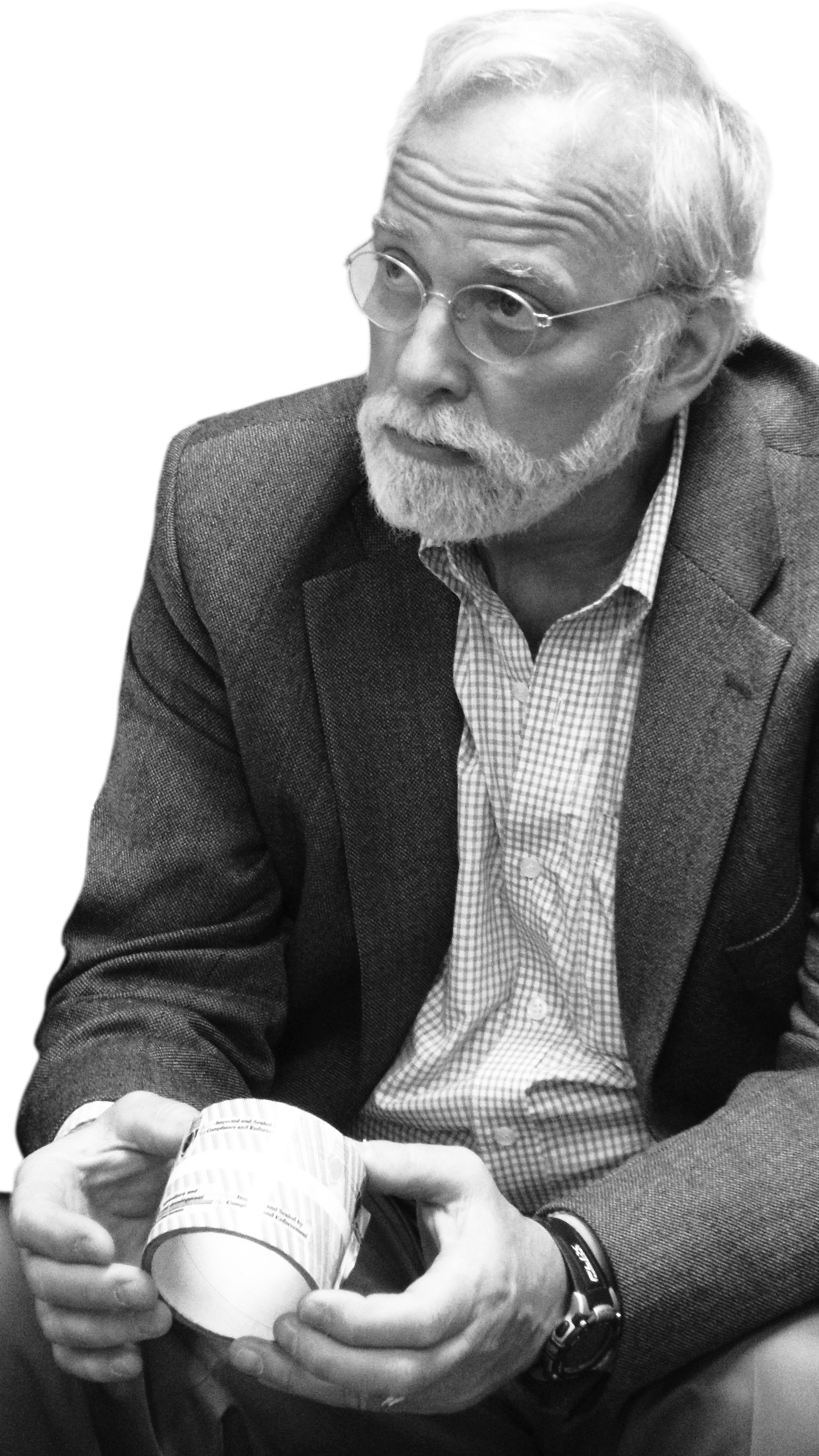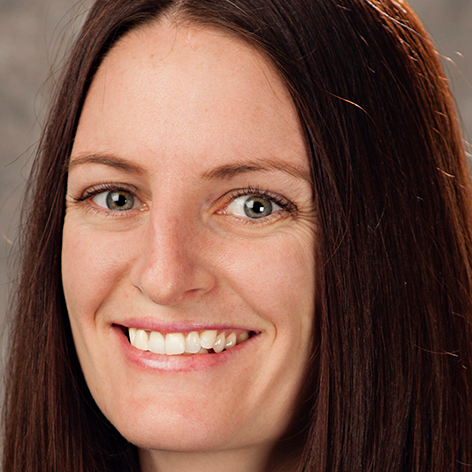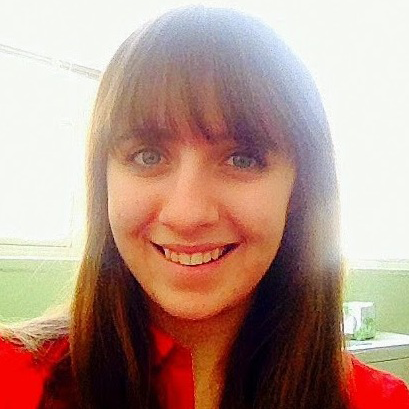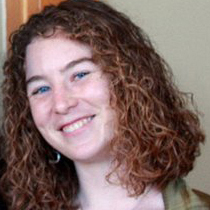We provide our partners with technical knowledge, training, goals, guidance, and financial support to create a reference library of DNA barcodes with which to identify crime evidence.
They provide us with their commitment to protect their species and inspiration to solve this global crisis.

Dr. Schindel was trained as an invertebrate paleontologist and geologist (B.S. in Geology, University of Michigan 1973; Ph.D. in Geological Sciences, Harvard University, 1979). He was a member of Yale University’s Department of Geology & Geophysics and Curator of Invertebrate Fossils in the Yale Peabody Museum from 1978 to 1986.
From 1986-2004 he directed a variety of funding programs in the U.S. National Science Foundation (systematic biology research, natural history museum collection improvement, elementary school science education, interdisciplinary research centers). From 1998 to 2004, Dr. Schindel served as the National Science Foundation’s European representative, based in the US Embassy in Paris. He joined the Smithsonian Institution in 2004 as CBOL's founding director and he is the Principal Investigator of the Global Impact Award from Google Giving that supports the Barcode of Wildlife Project.

This week, David is...


Mike has a Masters in Bioinformatics from Virginia Commonwealth University and a Bachelors in Biological Sciences from Virginia Tech. He has developed many customized applications for the informatics pipeline that moves barcode data from field collections to GenBank. Mike works with barcoding labs around the world to help them solve their barcode data management problems such as uploading their barcode data to GenBank.

Niamh was awarded her B.Sc. (Biology) from National University of Ireland (Maynooth, Ireland) in 2003 and her Ph.D. from National University of Ireland (Galway, Ireland) in 2008. She joined the Smithsonian Institution in 2009 as Research Scientist for the U.S. National Science Foundation funded Porifera Tree of Life project. Niamh has recently joined the CBOL team as Lab Project Manager.

Adele graduated with a B.A. in biology from Grinnell College in Grinnell, Iowa. She joined the Smithsonian Institution in June 2014 as a program assistant for Scientific Collections International and recently began work with CBOL as project support in laboratory and outreach operations.

Tricia Fulks, a freelance digital journalist based in central Appalachia, holds contracts with the Smithsonian Institution, assisting projects in online presence, outreach and storytelling. Fulks also teaches at West Virginia University's Reed College of Media and most recently served as associate producer for the Emmy-nominated interactive documentary, "Hollow." The award-winning journalist and newspaper editor holds honors from the West Virginia Press Association and the Society of Professional Journalists as well as degrees from American and West Virginia universities.

Kristin graduated from UCLA’s Ecology and Evolutionary Biology program with a B.Sc. degree and experience researching morphological trends in vertebrate paleobiology, but it is her love of web and graphic design that brings her to the Barcode of Wildlife project.
"Thanks to Google’s support to the Smithsonian, DNA barcoding is helping to protect endangered species around the world and is providing real benefits to the project’s partner countries."
Dr. Kirk R. Johnson, Director, National Museum of Natural History, Washington, DC
Keep up with progress in our partner countries through this simple project dashboard. Status updates from the ground will be delivered virtually to you and others on the project as phases on the project roadmap are completed.
The team at the Consortium for the Barcode of Life have been in the midst of progressing existing partners through Phase 2 milestones while working to secure new partners, who will start at the beginning of the project roadmap.
See how the Partner Countries are progressing through the project goals







































